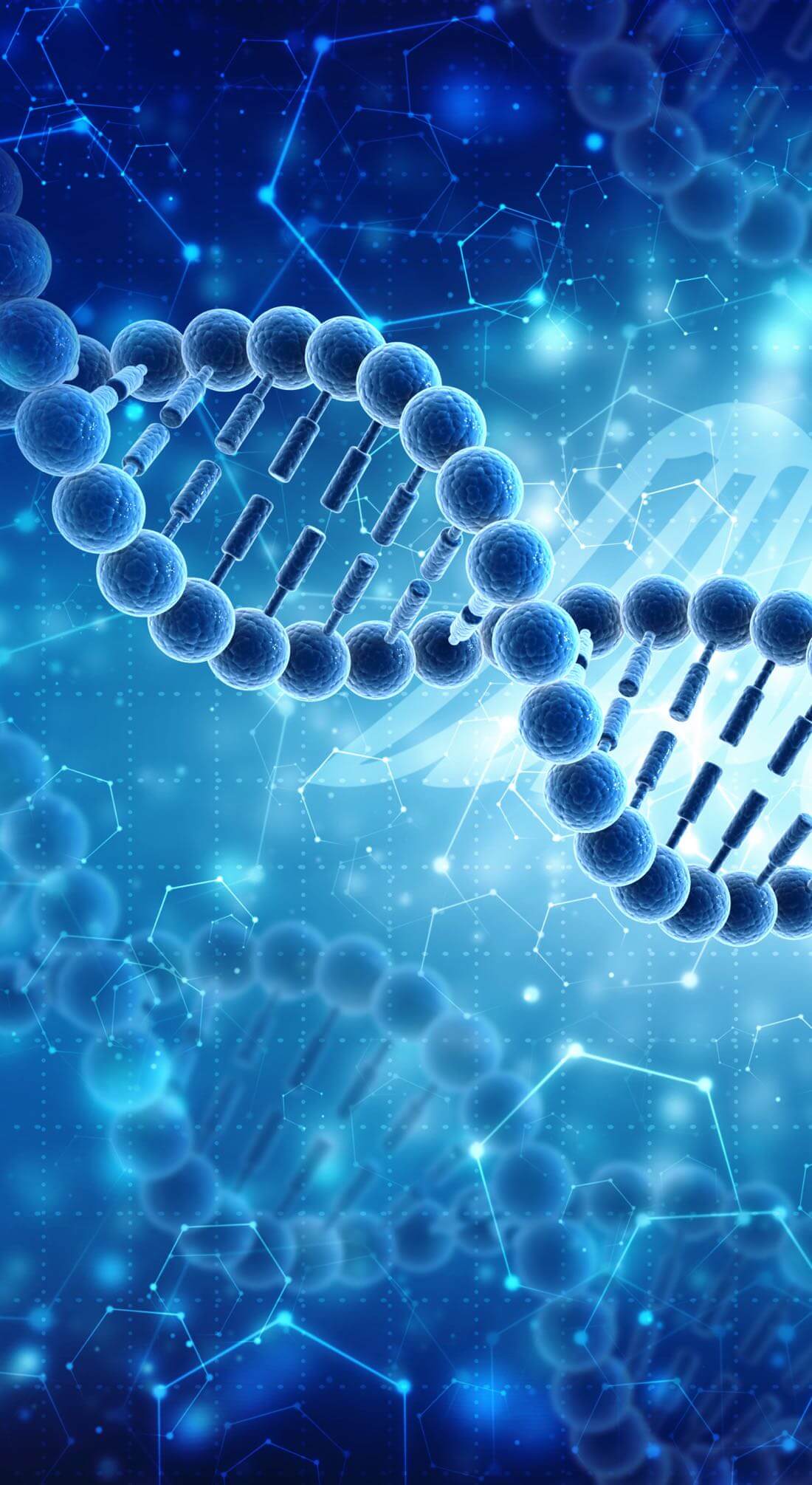Preimplantation genetic testing (PGT)
Abnormalities in the embryo often lead to miscarriage. Avoiding that emotional rollercoaster is pivotal. With PGT we know which embryos have the lowest probability of abnormalities. Those, we will use to implant or freeze for future use.
What is preimplantation genetic testing?
"When we do an in vitro fertilisation (IVF) treatment, we basically create an embryo outside the body. This enables us to do genetic testing on the embryo. That can be important for multiple reasons. Of course, the most important one is to know whether the embryo has any abnormalities. But it also avoids multiple IVF cycles. When you’re a woman over 38 and you have 7 embryos of which only 1 may be viable, you want to make sure you use the viable one. So it reduces the time of pregnancy by not having implantation failures or miscarriages due to abnormal embryos."
Who is PGT for?
You carry a genetic or chromosomal disorder
You are a woman over 35 years of age
You have experienced multiple miscarriages
You have had multiple failed fertility treatments
What does PGT encompass?
PGT
Term used to describe all types of genetic testing on embryos.PGT-A: PGT for aneuploidy
Test for the correct number of chromosomes in embryos.PGT-M: PGT for monogenic/single gene disorders
Test in embryos for a known inherited disorder, caused by a single gene.PGT-SR: PGT for chromosome structural rearrangements
Test used when it's identified that the structure of a chromosome is changed in a parent. This test checks for extra or missing genetic material in embryos.What does PGT involve?
"We can assess all 23 chromosome pairs for abnormalities. The embryos where no abnormalities are detected, are transferred. This helps improve the success rate, while also reducing the chance of miscarriage."
What abnormalities can be tested?
(and which ones can’t you test for)Some people carry genes on their chromosomes that may result in a miscarriage. Other genes can mean your baby will be born with a genetic disorder.
We can identify more than 20,000 gene mutations. For example, we can identify genes related to:
Cystic fibrosis
Spinal muscular atrophy (SMA)
Fragile X syndrome
That said, we cannot identify all possible disorders. For example, most non-genetic disorders will remain unknown.
Key points
Cystic fibrosis
Spinal muscular atrophy (SMA)
Fragile X syndrome
Does PGT harm the embryo?
"We know that many embryos can carry chromosomal abnormalities that can reduce a couple’s chances of falling pregnant. PGT allows us to identify chromosomally normal embryos for transfer, which are more likely to result in a healthy baby. That said, IVF success rates can be affected by many factors and PGT does not guarantee you will fall pregnant"
It is important to note that PGT is regulated by law in Western Australia. We may only use it in certain cases. We can discuss this with you at our specialised clinic.
To learn more about genetic testing in Perth, WA, talk to our specialised fertility clinic.
Useful links
Embryo transfer
What is an embryo transfer and what is the difference between fresh and frozen transfer?
IVF
About us
Your fertility issues are individual, so your treatment should be individual too. At our clinics in Perth - located in Claremont and Applecross - you can learn about the best treatment options for you and your partner.



















